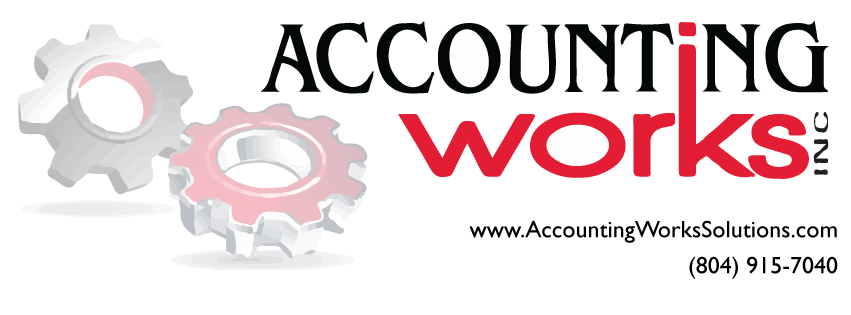Well, the "new" millennium is about 15 years old now which is pretty insane but with it came a myriad of updates as far as technology is concerned. Remember when the first cell phone came out? That thing was huge and the battery lasted at best a couple of hours. Fast forward fifteen years and we have mini computers in all of our pockets capable of doing everything from video calling, word processing and most importantly let us check our Facebook! Yes, we tend to use our electronic devices for all sorts of unproductive things but believe it or not we can get a lot of stuff done with our computers, tablets and smartphones! This is especially true if you own a business or are self employed. I have put together a list of a few of my favorite services to facilitate everyday accounting and taxes, I am all about automation. Let’s dig right in:
Small Business Workbench
One of the hardest things to do when you have a small business is budgeting. Understanding your cash flow and capital to hire and spend accordingly is difficult, this online tool helps your predict how much money you’ll have in the bank based on your previous sales history. Basically it does all the math so businesses don’t have to, it helps them make projects into the future helping them better manage their expenses. Sometimes it’s not as simple as looking at a business’ bank account but instead it’s about understanding how much money is coming in, out and how much money will be available in the future. What’s great about this is that it is cloud based so all your information can be accessed from multiple and various types of devices at any time as long as you have an internet connection.
TaxMate
One of the main reasons why we even keep track of cash flow, other than try to figure out if we’re a profitable business, is because we are required to by law. Well sorta, taxes are one of the biggest burdens that a business owner has to deal with. Sometimes an accountant or employee handles all the numbers but business owners need to ensure everything is accurate to avoid serious consequences. Taxmate is a free app that helps you “predict” how much you will owe in taxes. Although taxes are typically a little bit more complicated than what an app can handle, TaxMate is a great way to have a ballpark figure as far as taxes are concerned allowing you to better manage your sales.
Hiveage
Do you have a smaller business? and by smaller we mean under twenty employees. Some businesses just need a bit of help managing their everyday accounting needs, specifically invoicing, taking payments, keeping track of mileage, managing teams among other tasks. There are different tools that accomplish this same process but Hiveage aims to offer more functionality than some of the other services out there that only do one thing at a time. Hiveage is also very affordable since you only pay for the features you need and as your business grows, you can add more features. The core of Hiveage is actually free, so it’s a win win since you get to try it out without investing too much in it.
I have only really scratched the surface with these services, there’s plenty more and I will be covering some of them in the upcoming weeks. You can always reach out to me personally if you have any other questions
Stephen
stephen@accountingworkssolutions.com





